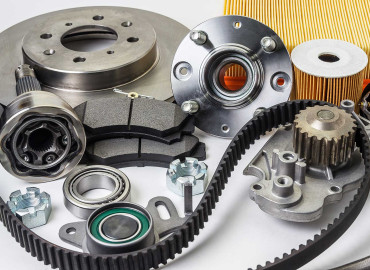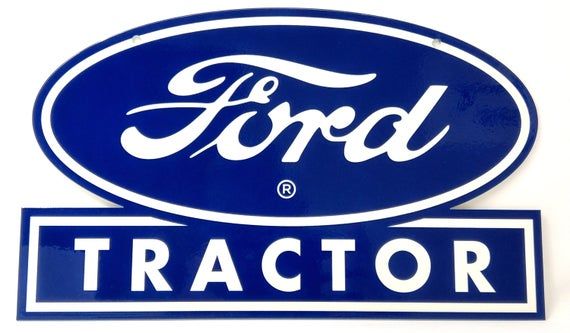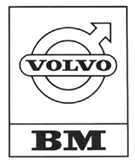Engine oil is designed for the lubrication of the moving parts of an internal combustion engine. Therefore, it would not be wrong to call it a life buoy. For this reason, it is very important to choose suitable and quality oil for the machine.
How is Engine Oil Obtained?
Crude oil is processed by refining with chemical solvents. It is then heated to precise temperatures. Finally, motor oil is obtained by mixing synthetic materials with the oil according to the needs.
What are the Engine Oil Types?
The main types are as follows:
- Mineral oil: It is a natural petroleum product refined from crude oil. It is used in old engines where synthetic oils can adversely affect the seals.
- Synthetic oil: Designed with specifications to suit specific engines and conditions. It is preferred because it is stable at higher temperature and pressure.
- Semi-synthetic oil: It is a mixture of mineral and synthetic in varying proportions. It is often preferred because it is economical.
What is Content?
Engine oil consists of two components: base oil (70 – 90%) and additives (10 – 30%).
What is Classification in Engine Oil?
Engine oils are classified according to the viscosity of the oil, developed by the Society of Automotive Engineers (SAE). Thin oils have low viscosity. Multigrade ENI engine oils flow better at low temperatures. It also protects the engine at high temperatures, increasing efficiency over a wide temperature range.
The viscosity grade scale has 11 grades ranging from 0 to 60. In other words, if xxW-yy, xx represents the cold temperature viscosity grade. W is for winter and yy indicates high temperature viscosity grade. Lower grade xx oils such as 0W – 20 or 5W – 30 are best for lower temperatures as the oil is more fluid.
How to Increase the Performance of Oil?
One of the most important criteria for engine oil is its viscosity, or measure of flow under stress. At low temperatures, oil molecules stick together, increasing their viscosity. At higher temperatures, the viscosity drops and the oil begins to degrade slowly. Therefore, viscosity improvers are added to the base oil to maintain viscosity over a wide temperature range. Other additives include detergents, anti-wear additives, friction modifiers, anti-corrosion inhibitors, dispersants and much more.
These additives are added to the oil to increase the performance of the oil.
Where Is Engine Oil Used?
Engine oil is used in:
- Vehicles (commercial and passenger vehicles),
- Motor generators,
- Lawn mowers,
- Snowblowers,
- Chainsaws and internal combustion engines
What are the Duties of Engine Oil?
The vehicle has various functions;
- Acts as a carrier: Due to wear and tear, very small particles of the engine are suspended in the transmitted engine oil and accumulated in the filter. In addition, it has the task of removing combustion chamber deposits.
- Protects the engine against corrosion: It forms a protective layer especially at high temperatures. In this way, it prevents the oxidation of the engine surfaces.
- Acts as a lubricant: Engine oils lubricate engine parts and prevent friction caused by metal-to-metal contact inside the engine. The pump forces oil at high pressure into all main bearings. In this way, it forms a thin layer on the surfaces and prevents real contact.
- Acts as a coolant: The extra heat from the constant friction in the engine is absorbed by the engine oil. In this way, it acts as a cooler.
Is It Necessary to Change It Regularly?
In the early stages, different engine parts wear out due to their small rough texture. These resulting chips are carried by the engine oil. Mud and dirt accumulated in oil affects engine performance by deteriorating its quality. The scrap accumulated in the oil thickens it and weakens its lubricating power. Therefore, it must be purified from carbon, metal and other garbage. It is therefore recommended that the oil, including the filter, be changed regularly.
 en
en  tr
tr 






























